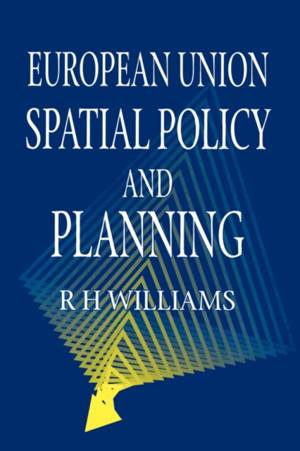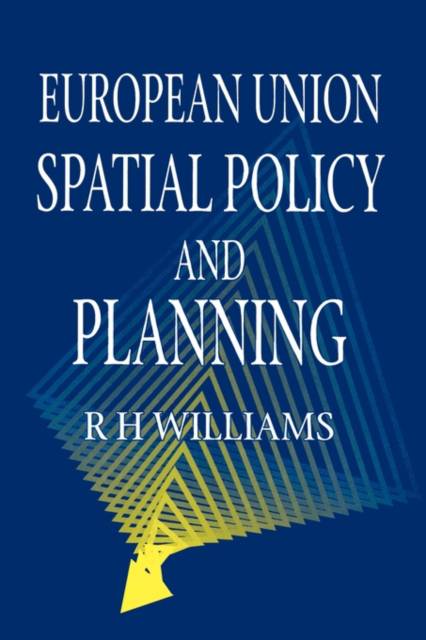
- Retrait gratuit dans votre magasin Club
- 7.000.000 titres dans notre catalogue
- Payer en toute sécurité
- Toujours un magasin près de chez vous
- Retrait gratuit dans votre magasin Club
- 7.000.000 titres dans notre catalogue
- Payer en toute sécurité
- Toujours un magasin près de chez vous
Description
EU policies and programmes are already a familiar part of the working environment for professional planners and local planning authorities; for example the directive on the environmental assessment of projects, or the need to identify partners in other member states; or to join networks in order to participate in EU programmes; or to develop projects which qualify for ERDF or ESF grants. The Commission is increasingly recognized as part of the structure of government and network of government contacts, in the same way as national government departments.
To operate professionally in this context, to ′think European′ and to understand the implications of this policy context, as well as the continental spatial scale, presents a major challenge to all planners, students and planning educators. This book is written for those who need to know more about this new context. It is the product of the author′s several years′ experience of teaching EU spatial policy and the institutions responsible, to senior undergraduates and postgraduates.
The book is divided into four parts: Part One explains the powers and institutional structure of the EU. Part Two traces the emergence of a Europe-wide spatial policy, and describes the EU′s role in regional, environmental, transport, and urban planning. Part Three deals with the practical aspects of operating professionally in Europe and Part Four reviews the prospects for further policy development in the context of the 1996 IGC.
Spécifications
Parties prenantes
- Auteur(s) :
- Editeur:
Contenu
- Nombre de pages :
- 304
- Langue:
- Anglais
Caractéristiques
- EAN:
- 9781853963056
- Date de parution :
- 28-05-96
- Format:
- Livre broché
- Format numérique:
- Trade paperback (VS)
- Dimensions :
- 156 mm x 234 mm
- Poids :
- 426 g







